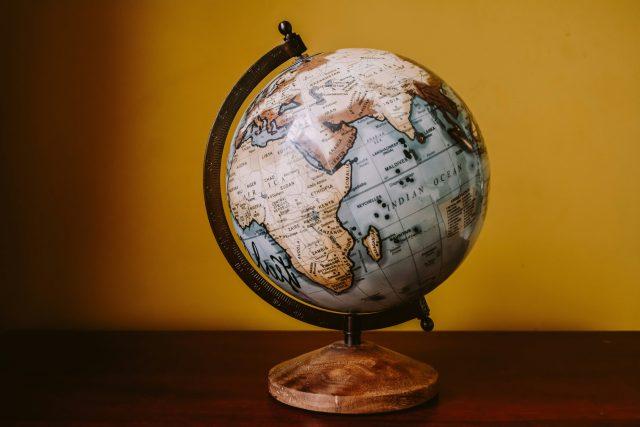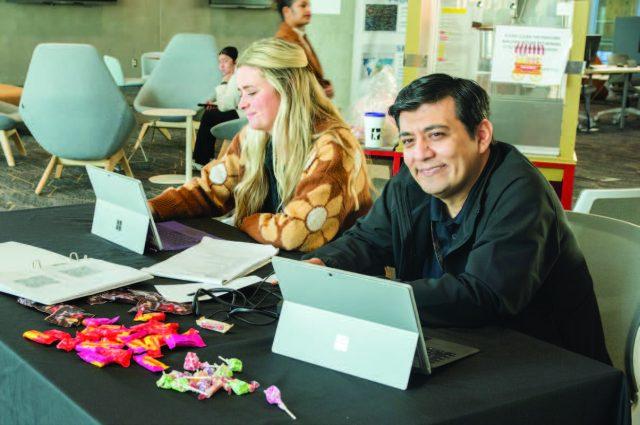FOUSIA ABDULLAHI
campus editor
fousia.abdullahi@my.tccd.edu
We should all be paying more attention to the Horn of Africa and the Gulf of Aden now more than ever.
On Jan 1, Somaliland President Musa Bihi Abdi and Ethiopian Prime Minister Abiy Ahmed signed a Memorandum of Understanding. An MOU is a non-binding agreement between countries stating they will form a partnership on an issue.
In this case, Somaliland agrees to a 50-year lease of 12 miles of Naval access to the sea to landlocked Ethiopia in exchange for recognition of its Independence, infrastructure development, and business investments.
The controversy is that neighboring Somalia is heavily opposed to this partnership because they are against the recognition of Somaliland and have a one-Somalia policy.
On Jun. 26, 1960, British Protectorate Somaliland became independent. Only five days later, it united with its neighbor Italian Trust territory and Italian Somaliland to become the Somali Republic. This bilateral agreement to unite never became legal because neither party signed the paperwork.
In 1969, Siad Barre took over as a leader in a coup. His regime was a brutal dictatorship, so much so that between 1987 and 1991, he committed genocide of the Isaaq tribe who came from British Somaliland. This was done through summary executions, political imprisonment, torture and seizure of assets; aerial strikes destroyed 90% of the city of Hargeisa, Somaliland. He was responsible for the massacre of 200,000 members of the Isaaq tribe. There are numerous mass graves.
On May 18, 1991, Somaliland regained its sovereignty and has been a peaceful nation in a volatile location. It remains a safe country with political parties, parliament, currency, police, hospitals, schools, and military. Somaliland also has democratic elections, with a voter registration system, so every person’s vote is equally represented.
Most of what people hear about Somalia has been about “Black Hawk Down, piracy and Al-Shabab none are present in Somaliland.
Today, Somaliland’s recognition goes beyond politics but is a humanitarian right for the people of Somaliland, especially for the population 3.5 million of which at least 70% are younger than 40 years-old, 65% of youth are unemployed, their health, education, and employment are being held hostage by the lack of recognition by the outside world.
The MOU and international recognition will give them the chance to make a better life for themselves and their families.
Hassan Sheikh Mohamud, President of the Federal Republic of Somalia, put out statements denouncing the MOU and his speeches have incited violence in Somalia and in the diaspora against Ethiopia and Somaliland.
There was a meeting at a mosque in Minnesota where clergy publicly called for a “jihad” on Ethiopia and Somaliland. The west, mainly the U.S. and U.K., have stated that an African Country would have to be first to recognize Somaliland before they did. This MOU will seal the deal.
After 30 years, it’s long overdue for the world to recognize Somaliland’s Independence from Somalia, just like South Sudan from Sudan and Eritrea from Ethiopia and allow them to continue to build their country with the same power and resources as other countries.
























